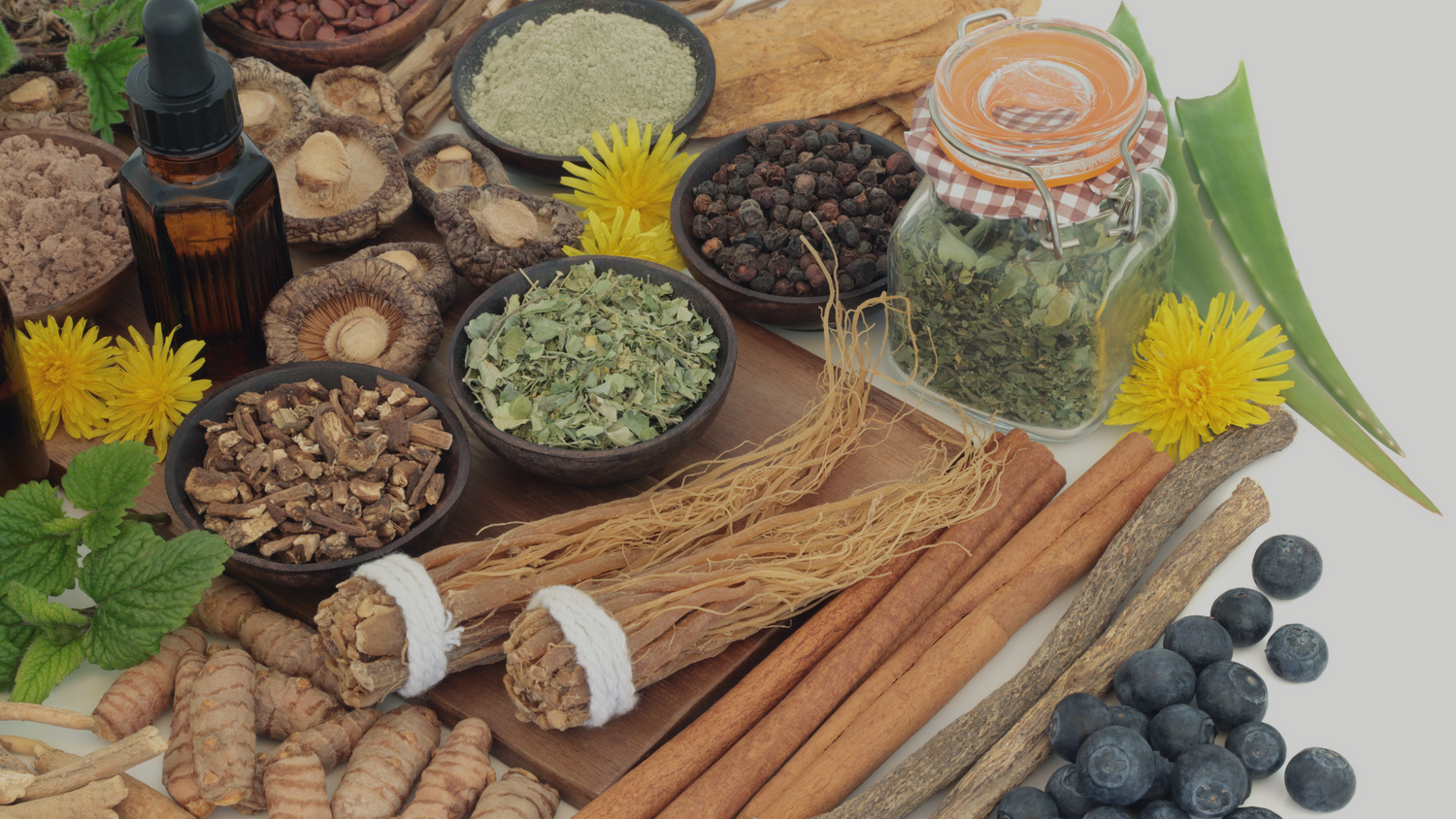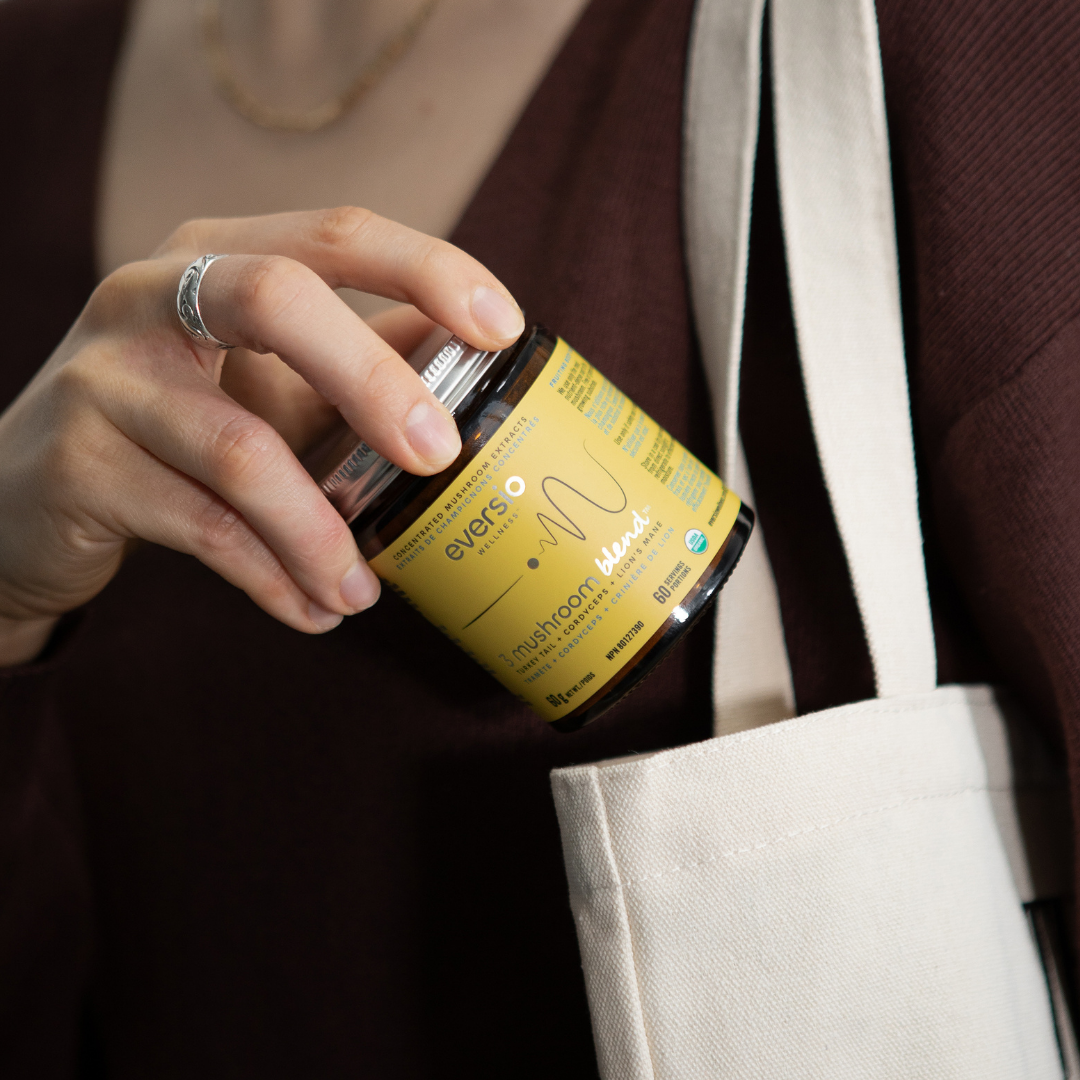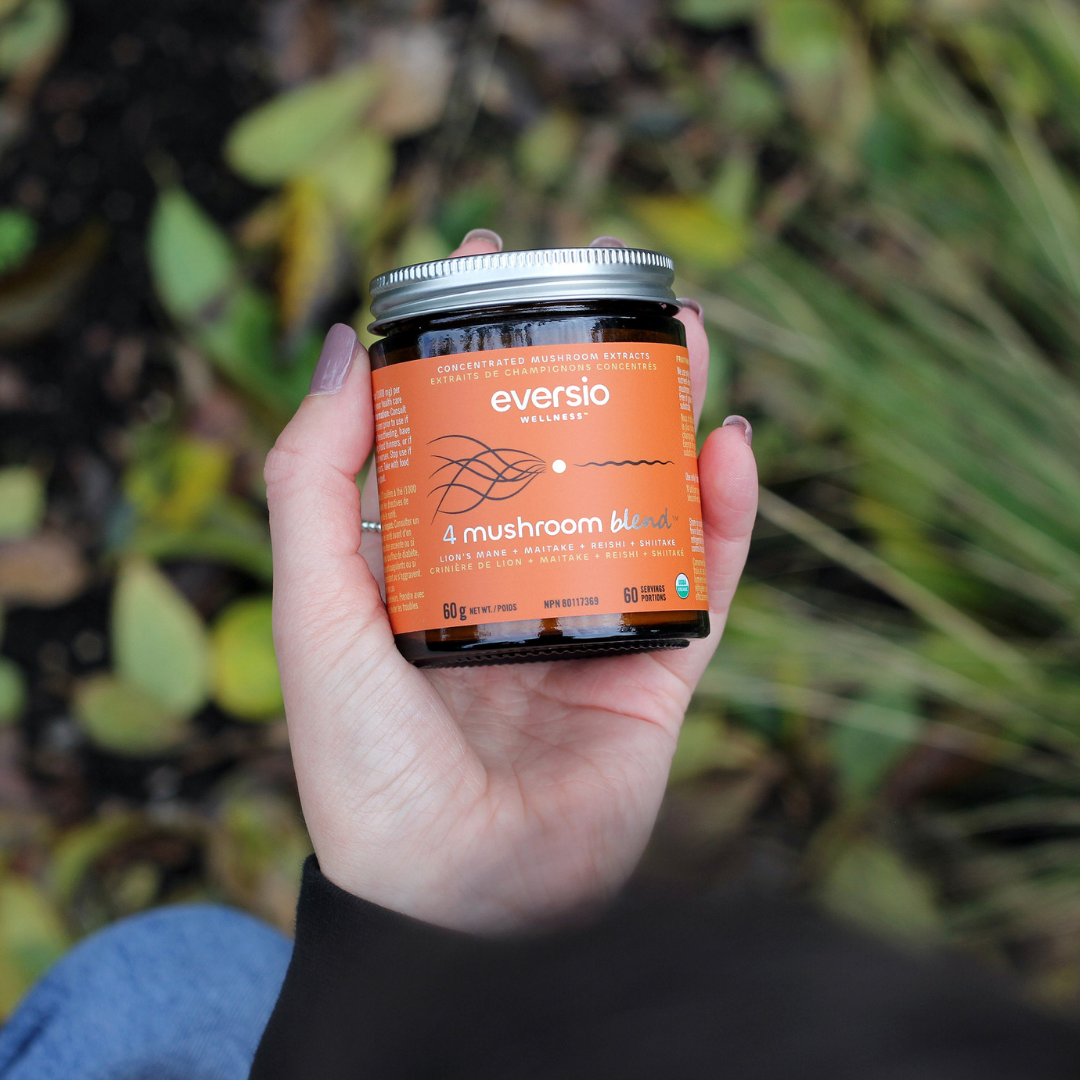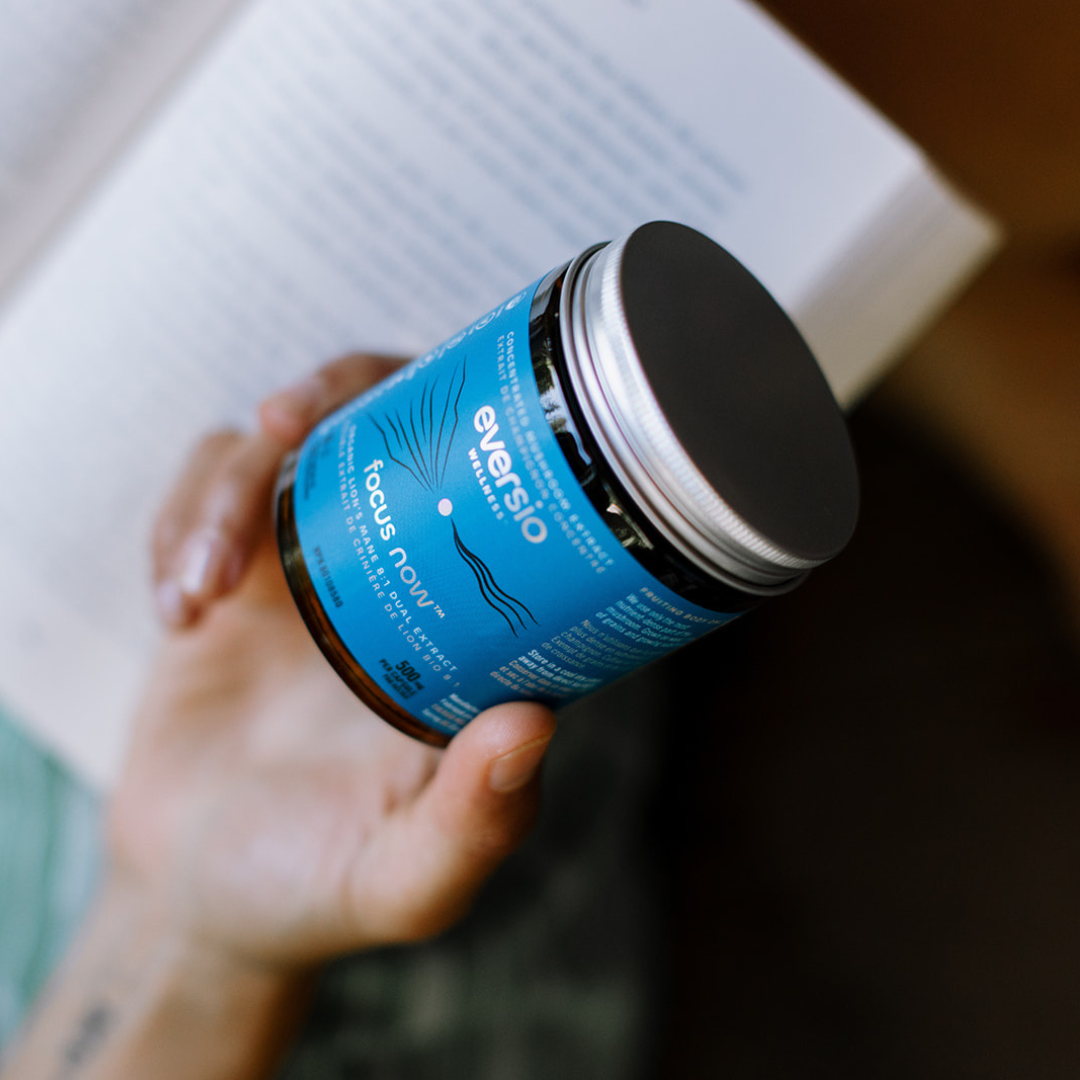I’d like to help you explore the major actions of herbs. For the most part, most of the names of the actions are straightforward, with anti-microbials helping to fight off unwanted microbes and analgesics used to relieve pain. There are, however, some actions that require a bit of an explanation. Alternatives, for example, are herbs that gradually restore the proper function of the body and increase health and vitality. They alter the body’s processes of metabolism so that tissues can best deal with the different functions of different body systems. Another example is tonics, which offer a broad action that will strengthen or support specific organs or even the whole body; cardiac tonics help to strengthen the heart or liver tonics support the liver.
When I take herbs (or mushroom supplements!), I like to include the adaptogenics. Adaptogens aim to improve the body’s ability to adapt to situations that bring on stress and to build resilience to stress. For me, this is a very useful action to include when experiencing the stresses of medical school. External stresses come and go, but if our body is continually exposed to stress, this can lead to internal repercussions; our hormones go haywire! Adaptogens support the hypothalamic-pituitary-adrenal (HPA) axis, which is the body’s main stress response system.
Let’s take a look at some of my favourite adaptogens:
- Withania somnifera (Ashwaghanda) is known to restore health to the nervous system, ease stress and mental exhaustion.
- Glycyrrhiza glabra (Licorice) supports the adrenal cortex which is usually fatigued in chronic stress and enhances the production of glucocorticoids.
- Panax ginseng (Asian Ginseng) is an adrenal restorative and can restore mental and physical stamina and performance. It contains steroidal saponins such as ginsenosides, which have a corticosteroid-like action that inhibit the reuptake of GABA, norepinephrine, dopamine, glutamate, and serotonin.
- Hericium erinaceus (Lion’s Mane Mushroom) has shown the ability to reverse stress-related changes in neurotransmitters, including dopamine and serotonin, and to reduce levels of inflammatory markers interleukin 6 (IL-6) and tumor necrosis factor-alpha (TNF-alpha), which are usually increased in a stress response.
- Ganoderma lucidium (Reishi Mushroom) is known to support the adrenal glands and is also an immune modulator and stimulant which can help reduce stress on the body by supporting and strengthening our natural defense system.
Of course, the herbs and mushrooms above have other actions on the body and, therefore, care must be taken when deciding on which to consume.
Disclaimer: while herbs and plants are readily available to consume, please see your Naturopathic physician or licenced herbalist before taking any of the mentioned herbs medicinally as there can be interactions with medications as well as contraindications that may result in harm.
By Angeli Santos -- BA Psyc and 4th Year Student of Naturopathic Medicine, CCNM-Boucher




















Leave a comment
All comments are moderated before being published.
This site is protected by hCaptcha and the hCaptcha Privacy Policy and Terms of Service apply.